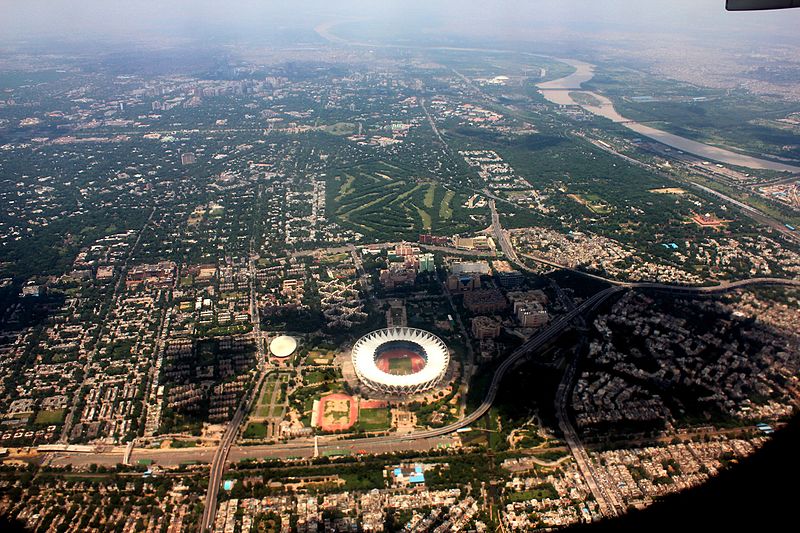Under the scheme, the Delhi government will provide a generation-based incentive (GBI) of Rs 2 (US$0.027) per unit against the initial solar power generation cost of Rs 3 ($0.041) per unit. In effect, the consumer will pay just Rs 1 ($0.014) per unit for five years.
This is not the first time the state government has offered electricity subsidies. Under the Delhi Solar Policy 2016, the Rs 2 per unit subsidy was valid for just three years. As the scheme did not find many takers, the government has now extended it from three to five years.
Chaired by chief minister Arvind Kejriwal, the Cabinet also approved half-yearly, instead of annual, disbursal of GBI by discoms.
Addressing a press conference, Power Minister Satyendar Jain said that group housing societies that wish to participate in the scheme will not have to pay the installation costs, which will instead be borne by the company.
“The cost of solar power will also depend on the space provided by the society for the installation of solar panels. In case the society provides more space for solar panels than its requirement, they will get the benefit in return in terms of further reduction in the price of solar power,” Jain said.
The Delhi government is also planning a Solar Rooftop Demand Aggregation Program, which will benefit consumers, including residential, schools, hospitals, and municipal segments with an expected aggregated demand of 40 MW using the Renewable Energy Service Company (RESCO) model.
Delhi has an installed solar capacity of 100 MW, of which 5 MW is in the domestic sector. The state aims to generate 1 GW by 2020 and 2 GW by 2025 through rooftop solar installations.
This content is protected by copyright and may not be reused. If you want to cooperate with us and would like to reuse some of our content, please contact: editors@pv-magazine.com.








1 comment
By submitting this form you agree to pv magazine using your data for the purposes of publishing your comment.
Your personal data will only be disclosed or otherwise transmitted to third parties for the purposes of spam filtering or if this is necessary for technical maintenance of the website. Any other transfer to third parties will not take place unless this is justified on the basis of applicable data protection regulations or if pv magazine is legally obliged to do so.
You may revoke this consent at any time with effect for the future, in which case your personal data will be deleted immediately. Otherwise, your data will be deleted if pv magazine has processed your request or the purpose of data storage is fulfilled.
Further information on data privacy can be found in our Data Protection Policy.